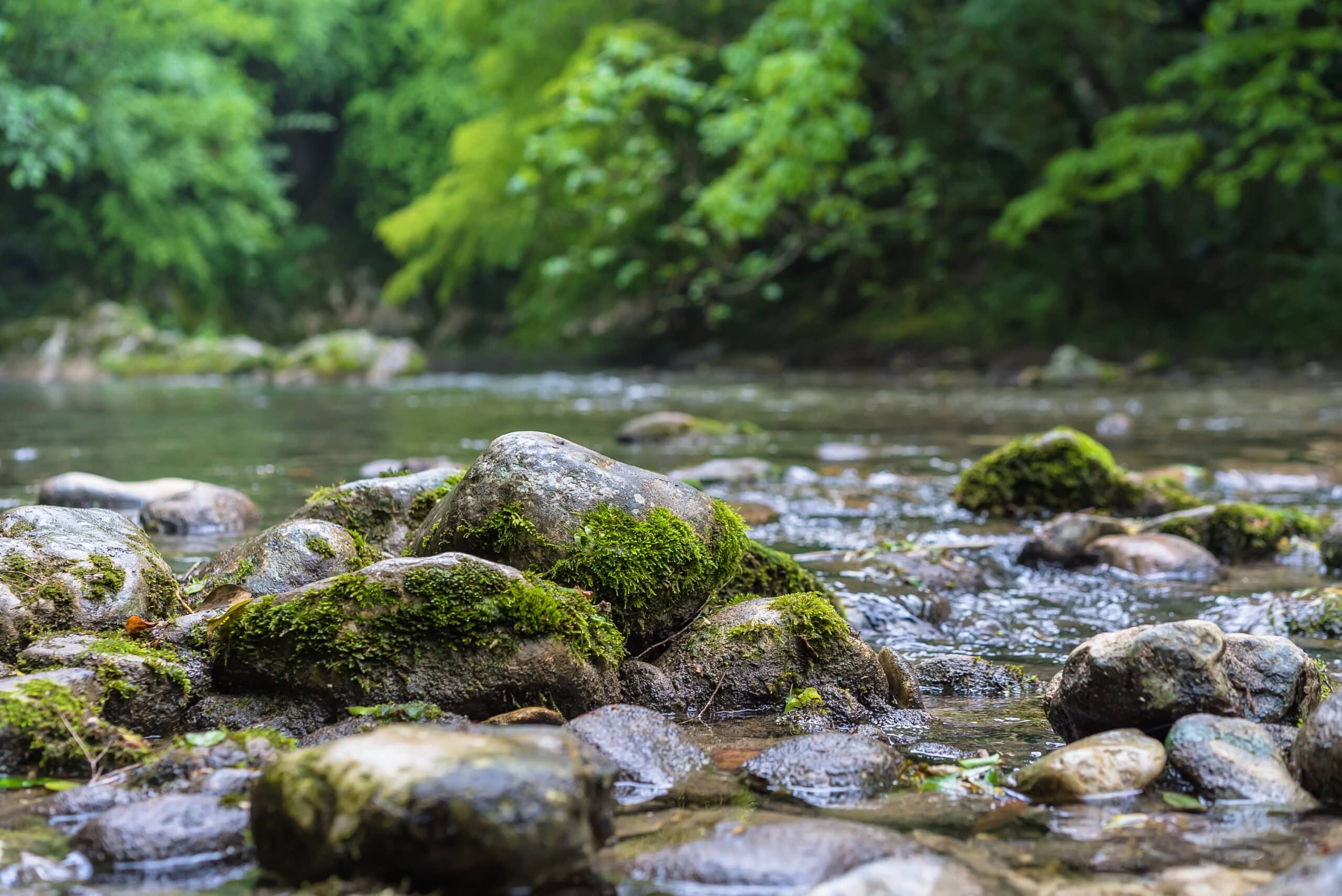The Importance of Our Rivers
Rivers are one of the most essential components of our planet. They are not only a source of recreation, but also a vital lifeline for numerous organisms, from the smallest of creatures to the largest. Rivers provide food, water, and energy to billions of people across the world, and this makes them a vital issue that needs preservation and protection.
The Main Functions of Rivers
The primary function of rivers is to supply freshwater for human and animal consumption. For most people in the world, rivers are the primary source of drinking water. Additionally, rivers are also used for irrigation, bathing, fishing, and transportation.
Rivers are also an essential source of energy. Hydropower is generated by harnessing the energy of the water flow, which is used to generate electricity. Rivers can also be a source of heat energy in certain regions since they have a stable temperature that can be used for geothermal energy purposes.
Furthermore, rivers are a crucial habitat for many species of plants and animals. They provide food and resources for various fish species, which feed millions of people across the world. They also support various benthic invertebrates, insects, and other animals that form the food base of several aquatic ecosystems.
The Neglect of Our Rivers
Despite the multiple functions of rivers, they have been neglected, polluted, and degraded over the years. Human activities such as deforestation, dams and irrigation systems, overfishing, sewage disposal, agriculture, and industrial waste have caused immense damage to our rivers.
Climate change has also resulted in the alteration of the natural cycle of rivers, with changes in the precipitation patterns, increase of sedimentation, and reduction of water levels. These changes have further aggravated the problems of river pollution and disruption of their ecological system.
Collectively, this neglect of our rivers leads to a reduction in the quality of their water, destruction of aquatic ecosystems, and endangerment of biodiversity. This situation calls for immediate action to conserve and protect our rivers.
Why We Need to Protect Our Rivers
Protecting our rivers is of utmost importance because they serve as the backbone of our planet’s ecological and economical systems. By protecting our rivers, we protect our forests, soils, marine life, and the air we breathe. It also means ensuring that our planet is sustainable, and we are maintaining a vital resource that is crucial for human development.
In addition, protecting our rivers is crucial for food security. Rivers support stable aquatic ecosystems, which, in turn, support fish populations. Fishing is a significant source of food for many people globally, particularly in developing countries, where it accounts for the primary source of protein.
How to Protect Our Rivers
The good news is that there are various ways to preserve our rivers, and these include:
Conserving Water
Conserving water is an essential step in protecting our rivers. Simple measures like taking shorter showers, using water-efficient toilets and washing machines, and fixing leaks can significantly reduce water usage, which, in turn, reduces the amount of freshwater that has to be withdrawn from rivers.
Preserving Wetlands
Wetlands play a crucial role in the retention of water and sediment, which, in turn, protects rivers from sediment pollution. Preserving and restoring wetlands can be an effective way of ensuring the protection of rivers.
Reducing Pollution
One of the most significant threats to rivers is pollution. It is necessary to reduce pollution in our rivers to protect aquatic ecosystems and the people who rely on them. Waste from industries, cities and towns, agriculture, and domestic waste contribute to pollution in rivers. Reducing waste, recycling, treating wastewater, and encouraging the usage of biodegradable products are all ways of reducing pollution.
Sustainable Agricultural Practices
Agricultural practices have a significant impact on rivers. Excessive use of fertilizers and pesticides can pollute rivers, while unsustainable land management practices such as clear-cutting forests, can lead to soil erosion, which eventually impacts rivers. Sustainable Agricultural Practices such as crop rotation, integrated pest management, and land conservation can help minimize the impact of agricultural activities on rivers.
The Responsibility of Corporations and Governments
It’s essential that corporations and governments play an active role in protecting rivers. Corporations need to recognize their responsibility in protecting the rivers and the environment, by avoiding activities that have negative impacts on the rivers. Governments should ensure that there are effective regulations in place to ensure the proper management of industries, regulate the discharge of pollutants, and promote sustainable land management.
The Benefits of Protecting Our Rivers
Apart from preserving the ecological and economical systems of our planet, there are other benefits of protecting rivers. Some of the significant gains from protecting rivers include:
– Increased tourism revenue: Rivers are great tourist destinations, and improved water quality, biodiversity, and scenery can translate to increased revenue.
– Improved Health: Reduced water pollution means the elimination of health hazards, providing quality water for drinking, recreation, and washing.
– Improved Biodiversity: Freshwater ecosystems support a wide range of plant, animal and aquatic life. By protecting rivers, the biodiversity of these ecosystems is preserved.
Conclusion
Our rivers are vital resources that need to be protected and preserved for the sustainability of our planet’s ecological and economical systems. The degradation, pollution and neglect of our rivers have a significant impact on human livelihoods, food security, and environmental degradation. It’s essential, therefore, to take proactive steps towards protecting our rivers by conserving water, preserving wetlands, reducing pollution, and promoting sustainable agricultural practices. Governments and corporations also have a responsibility in ensuring the protection of rivers. Protecting our rivers is not only about conservation; it’s also about promoting sustainable development, healthier ecosystems, and better human livelihoods.
- Join the Sustainable Revolution: Embrace Reuse to Save the Planet and Your Wallet! - 28 de abril de 2023
- Join the Movement: How Incorporating Sustainable Habits Can Benefit You and the Environment! - 28 de abril de 2023
- Join the movement towards a greener future: Embrace sustainable tourism today! - 28 de abril de 2023
